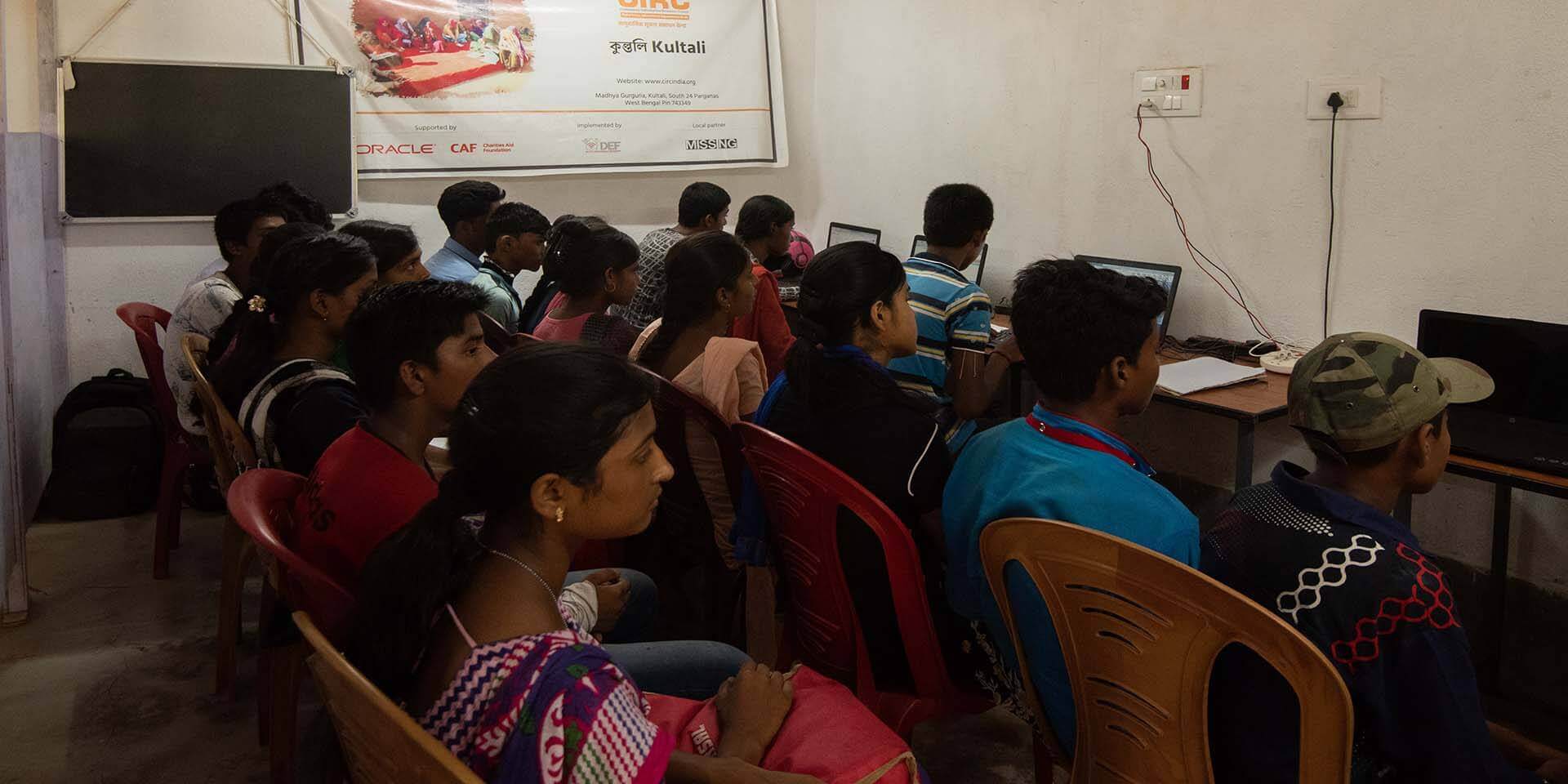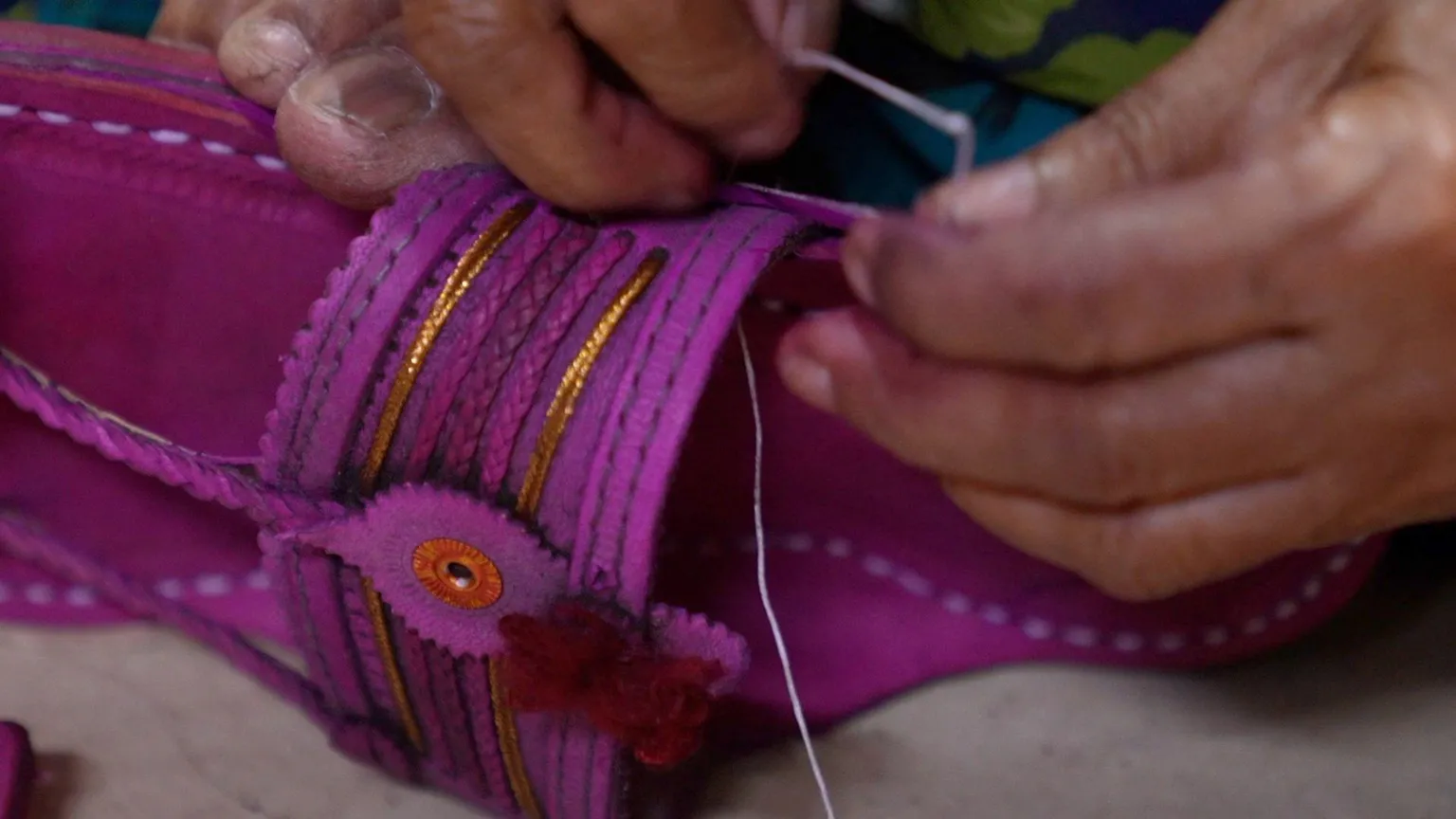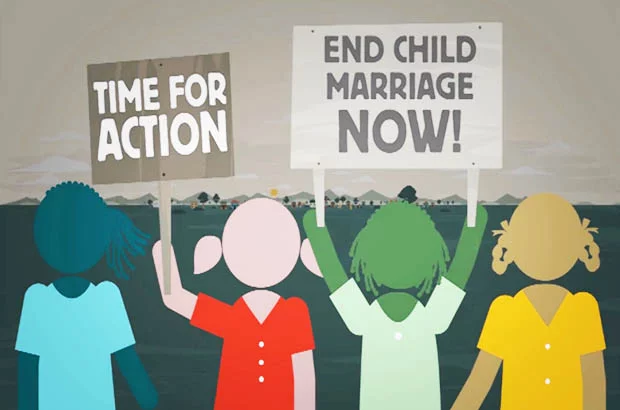‘Parent’ is a noun, a name given to a relationship that is formed when one gives birth to or provides for a child, and a verb, when one performs the task of being a parent. Although the doing is not devoid of unquestionable following of ‘practices’, it creates space for rethinking parenthood as a relationship and parenting as a task.
Again, the choice of rethinking parenting might not be available to all just as putting an effort to consciously rethink parenting might not be an option that most would consider. Parenting is mostly considered to be organic, something that comes along as one becomes a parent, a notion that is prevalent in most parents from an earlier generation, who have successfully graduated in parenting their children into responsible (read money earning) adults.
I wonder what that generation might think while earning their parenting brownie points by looking after grandchildren whose parents are caught in the whirlwind of a competitive world, where anxieties rise, meltdowns are unavoidable, where life has broken itself down into weekdays and weekends, and where parenting has become a task- one that requires conscious understanding, effort and style. While parenting has occupied major discussion boards in recent times, there are only a bunch of people who think that this job requires more than just being in the flow.
Since for me, parenting has not been a process carried forward in isolation, I felt the need to reach out to friends and family, presently parents or not, to know how they seem to understand parenting. What comes to their minds if they try to ponder on ‘parenting’ as a conscious practice? Who could be an ‘ideal parent’ in an ambiance that is constantly accommodating change and consistently disregarding anything ideal or formulaic? What are parental ambitions nowadays?

Parenting in an increasingly digital world
In the changing world, parental practices are becoming more challenging. Dhritiman Chakraborty, the parent of an eight-year-old, feels that pressures on parenting have significantly increased in a competitive, lonely, digital world where children often find themselves confined to narrow spaces devoid of open-air activities.
Dew Chandra Subba, the parent of two daughters, speaks of a moral and ethical dilemma that most parents are thrown into while coping with the changing demands of their professional lives. This seems to have become a crucial challenge today when mothers, who were once designated with the primary task of parenting, are opting for jobs that demand more time and energy outside the home space.
Such co-parenting, according to Bidisha Agarwal, who parents a four-year-old in Amsterdam, is no longer an option but a legitimate demand that can be seen rising in an ever-evolving world where individual voice and rights matter. Soumili Bishnu, a 27-year-old professional, also feels that parenting roles cannot be gendered, and single parents are the best examples of it.
However, Sudarshana Majumdar, parent to a three-year-old, reminds us that though the demands of co-parenting are heard of, they are seldom practiced in an Indian household. The mother is left doubly burdened with parenting and eking out her way in a world where men are hardly taught to participate in such roles on equal fronts.
Although Dhritiman finds himself involved in everything that concerns his child- from preparing food to attending PTMs- he realises there is a long way to go before this becomes a trend. Voicing hope for a more gender-egalitarian world, Sutapa Chakraborty, mother to a 21-month-old, points to the need to keep asserting these changes in gender relationships within private spaces so that eventually that affects at a macro level.
Conscious parenting, therefore, seems to have found its way into the thought processes of parents today who are aware that parenting is an amalgamation of effort, skill, intuition, trial and error, and self-awareness. But how does the individual handle anxieties that inevitably crawl into their lives while trying to juggle through the demands of parenting? While most agree that professional platforms like workshops and counseling sessions can help navigate challenges in parenting today, a higher emphasis is given to the need to reach out beyond one’s strict circle to help reduce anxieties
Also read: Technology And Women Empowerment: How Digital Spaces Help Women Find Resources And Solidarity
One cannot be oblivious of how technology is steadily impacting parental methods as well. We cannot overlook how social media, online content, and the information boom are creating both positive and negative effects. According to Shatarupa Maitra, who is raising her toddler in Finland, ‘intuitive parenting’ is mostly practiced as new parents, in the absence of elders in far-off places, become dependent on the internet that is flooded with instructions, opinions, and solutions on parenting. This sometimes robs one of the necessity to be fluid in parenting, Shatarupa feels.
Sutapa opines that a parent’s addiction to social media often adversely affects the child who also clings herself to it, finding no other option to engage herself with. Dhritiman suggests that this world at a click’s distance often leads to children becoming less appreciative of things, and remaining insulated from scarcity which can prepare children for accepting loss or losing in the future. Senjuti, a lawyer and a mother, speaks of the imposition of social media trends on individuals that tend to impact parenting by generating peer pressure. Such pressures often try to fit theory to a context, instead of it being the other way round.
What becomes perceptible through these opinions is the acuteness with which many parents are nowadays thinking through the practices of parenting, while trying to accept change and refurbishment. Hemantika, who lives and works from Chandigarh, has observed that the once-hierarchical relationship between parents and children has now given way to more friendliness. Soumili has also noticed how parents value their children’s opinions nowadays and give them enough space to live their lives.
Senjuti realises that parents nowadays feel the need to not only keep themselves informed but also inform and explain to the child about their parental decisions. Sutapa feels that mothers, while navigating the challenges at home and workplaces, often try to help the child learn the basic skills of life instead of pinning them down to being spoon-fed. This allows the child to think for themself, empowering and preparing them to face the patriarchal prejudices of society.

Parijat Nath, who works from Siliguri observes that one must incorporate changes in parenting, such as shifting focus from being authoritarian to being friendly, imposing to accommodating. While there cannot be anything like ‘perfect parenting’, parents nowadays are more conscious about setting the right example for the child where being human is prioritised.
Hemantika points to the necessity to understand the emotional and psychological needs of the child and develop a parenting plan accordingly. Sudarshana emphasises the practice to spend quality time with her daughter every day which finds resonance in Dhritiman’s conscious decision of not wasting his time during the day and accumulating all of it to play, meditate, communicate, and even sleep with his son to let him feel the warmth of this relationship.
As the old idiom goes, ‘It takes a village to raise a child’, parenting is not an activity that can be conducted in isolation, especially in today’s times when everything is changing and evolving at breakneck speed. Today, parenting demands more effort, sensitivity, and updation, as well as good community support to ensure that children are cautiously optimistic about everything around them. To remain open as a parent is the most important lesson parents could teach themselves in this world of constant flux
Bidisha’s way of dealing with her sensitive child emanates from understanding herself as a highly sensitive person. The need to be patient while dealing with a child evolves from the necessity to be patient with oneself, opines Purbayan Jha, a parent from Malda. Patience is the trump card that most parents consider significant as a child cannot be rushed towards meeting expectations. This seems to allow us to hope for a world that would be more accommodating.
Conscious parenting, therefore, seems to have found its way into the thought processes of parents today who are aware that parenting is an amalgamation of effort, skill, intuition, trial and error, and self-awareness. But how does the individual handle anxieties that inevitably crawl into their lives while trying to juggle through the demands of parenting?
While most agree that professional platforms like workshops and counseling sessions can help navigate challenges in parenting today, a higher emphasis is given to the need to reach out beyond one’s strict circle to help reduce anxieties.

While Hemantika suggests the need to normalise making mistakes in parenting, Sudarshana feels that parents must accept that their children are living a life in a changing world and thereby try to negotiate with those changes patiently. Besides the daily routine of social media detox, Shatarupa suggests the need to understand that every child lives according to her own pace in life.
Dew Chandra stresses on the need to develop a more companionate relationship with one’s partner which could lessen the burden of handling parental pressures single-handedly. Besides emphasising on the need to focus on self-care by loosening the stress of doing-it-all, Bidisha, picking it up from Dutch culture, suggests going for a mummy-day, daddy-day, and grandparents-day which might help to make up for the time lost with the children due to work.
The years of forced isolation and the dread of the disease seem to have made us more conscious of companionship and kindness which also needs to reflect in parental practices. Soumili emphasises on the need to look forward to insights from those who feel dependable, while Sutapa looks forward to positive and kind neighbours, family, and friends, thereby extending the purview of parenthood. Although limited in scope, such views emphasise on the need to bring parenting out from the stringent dogmas, allowing it to find a balance between planning and free-floating practices.
As the old idiom goes, ‘It takes a village to raise a child’, parenting is not an activity that can be conducted in isolation, especially in today’s times when everything is changing and evolving at breakneck speed. Today, parenting demands more effort, sensitivity, and updation, as well as good community support to ensure that children are cautiously optimistic about everything around them. To remain open as a parent is the most important lesson parents could teach themselves in this world of constant flux.
Also read: Digital Footprint: We Must Equip Young Internet Users To Exercise Caution And Practice Cyber Hygiene
Author’s note: Big thanks to Sudarshana, Sutapa, Senjuti, Dhritiman, Soumili, Hemantika, Parijat, Dew Chandra, Purbayan, Shatarupa and Bidisha for their time and engagement
Editor’s Note: This article is part of a collaboration with Missing. You may read more about their work and initiatives via their Instagram, Facebook, LinkedIn, YouTube and Twitter pages, or visit Missing’s Educate program register link, donate to Missing, as well as subscribe to their newsletter. You may also visit Missing Sunderbans’ Instagram and Facebook pages for further insights.
Featured Image Source: Missing
About the author(s)
Priyanka Chatterjee is a mother, researcher, and academic. She lives and writes from Siliguri. Her articles have appeared in Feminism in India, LiveWire, Himal Southasian, Sikkim Express, among others. She can be reached at site.surferpc@gmail.com and is on Instagram @priz_chatt






